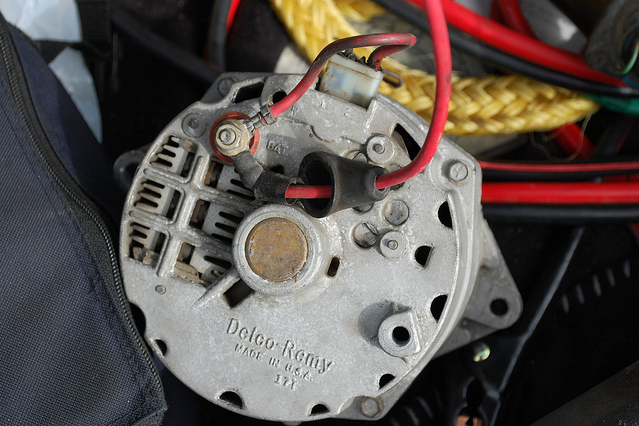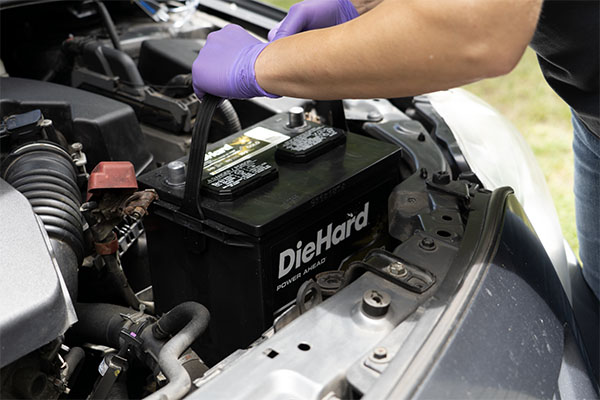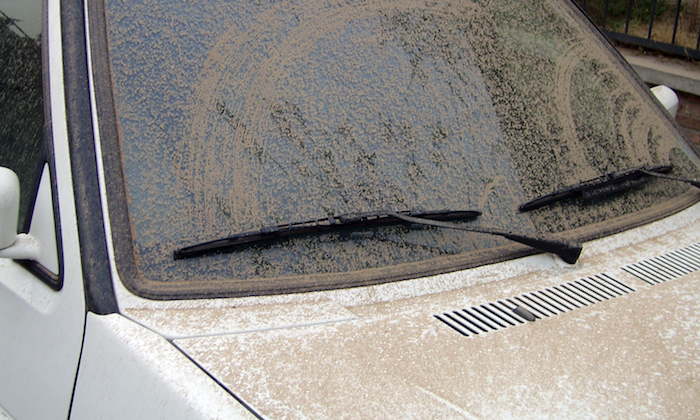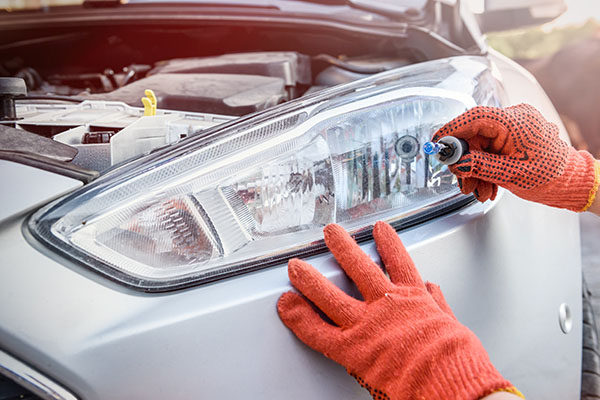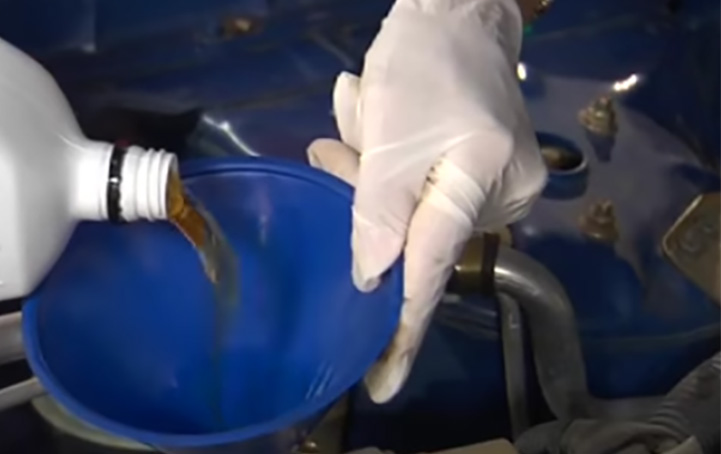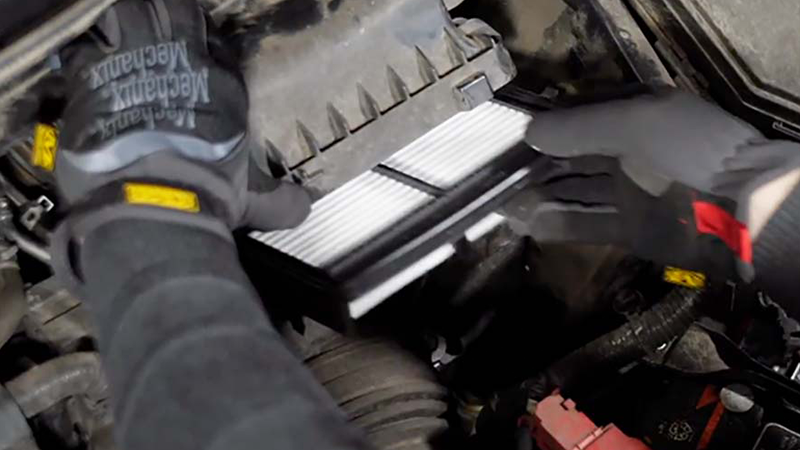If you regularly change the oil in your car, chances are you've heard about the importance of recycling used motor oil before. It's a topic we feel pretty strongly about — that's why we provide free oil recycling at most of our stores, unless prohibited by law. But maybe you have some questions about why we need to recycle oil in the first place or what the best way to take care of used oil is. Here are the answers.

Source | Advance Auto Parts
Why recycle engine oil?
We're glad you asked! According to the Environmental Protection Agency (EPA), the oil resulting from a single oil change could contaminate one million gallons of fresh water if disposed of improperly. That's enough drinking water for 50 people for a year — or it would be without the oil slick on top. Toxic oil sludge clogs sewers and storm drains and sticks to everything it touches; birds, beaches, pets. Cleanup, as you know from watching any news coverage after a major oil spill, is a costly, prolonged procedure.
What happens to recycled engine oil?
Your recycled oil goes into furnaces to heat homes and businesses or to power plants that provide electricity. It can also be used for marine fuels and even be “re-born” into new oil. Re-refined engine oils are just as safe and effective for your car’s engine as fresh oil and meet all of the same API specifications.
Does recycling oil really make a difference?
Yes! It takes 42 gallons of crude oil to produce 2.5 quarts of lubricating oil. Compare that to only one gallon of recycled oil to produce the same 2.5 quarts. Every time you choose to recycle engine oil, you're contributing to a healthier, cleaner world. Consider also the difference that recycling oil can have on your wallet. Disposing of used oil improperly is illegal and can lead to hefty fines.
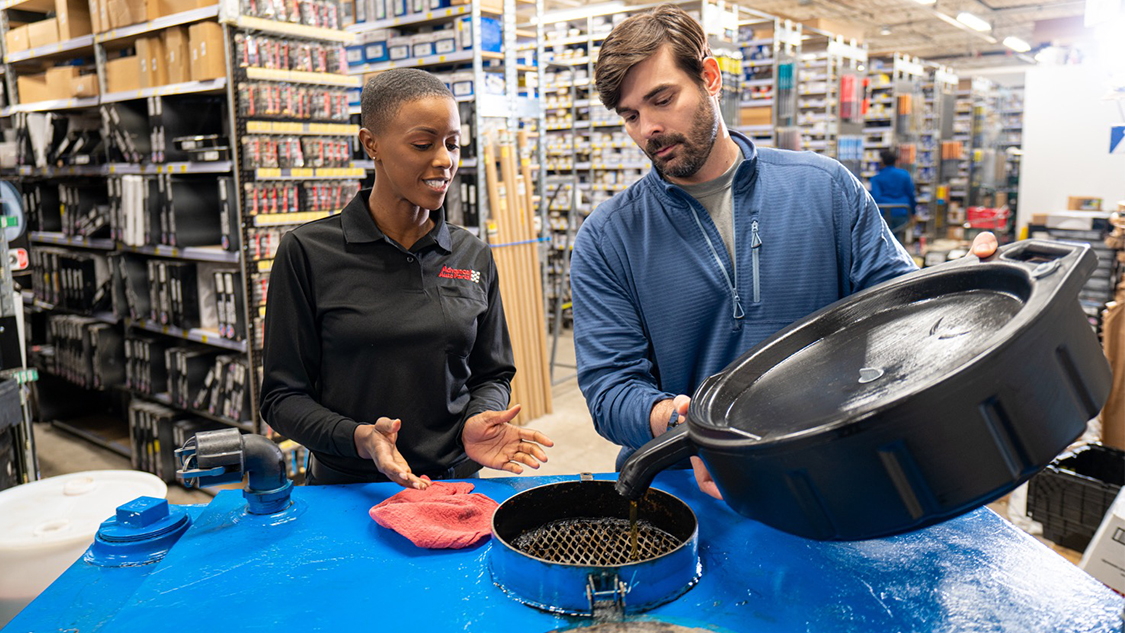
Source | Advance Auto Parts
How to recycle oil
If you're tackling oil changes already, congratulations. You're saving money by getting up close and personal with your vehicle. For those who need a starting point, take that first step and learn how, and be sure to keep these tips in mind:
- Catch every drop. Lay out a tarp and use a drip pan with a built-in spout for easy transfer to a storage container.
- Use the correct storage container. Use sealed containers made of a suitable plastic, such as PE (polyethylene), or the original oil container. No milk cartons please.
- Don't mix fluids. Motor oil mixed with other automotive fluids like windshield washer or brake fluid can't be recycled. Avoid storing used engine oil in containers that once housed other fluids.
- Remember the oil filter. Oil filters contain both steel and oil, so they're perfect candidates for recycling. Punch a hole in the oil filter and let the oil drip into the catch container. Even after draining, the filter can contain as much as 10 oz. of residual oil, so be sure to recycle the filter, too.
- Store used oil in a cool dry place until it can be recycled. Make sure the lid is screwed on tight and that the container is out of reach of any children or pets.
- Bring it to your local Advance Auto Parts for recycling. Oil isn't the only thing you can bring us! You can give us your old car battery and rest easy knowing we'll handle it properly.
Recycling used oil is a small way to make a difference for the environment, but an important one! Anything we missed about oil recycling? Tell us about it.
